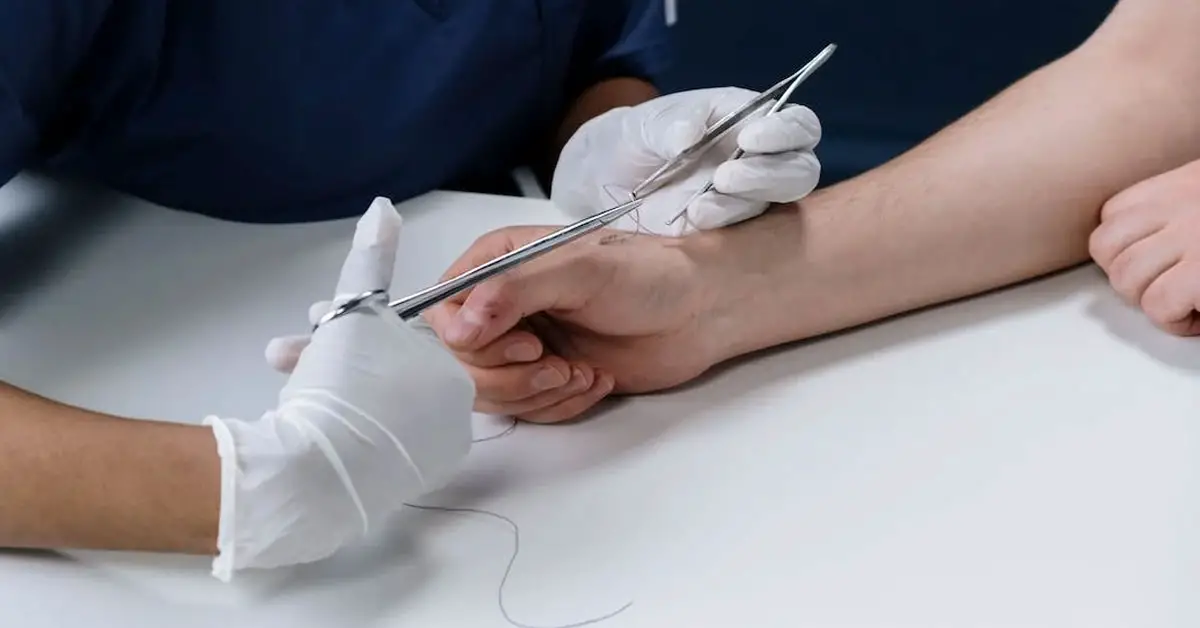A Comprehensive Manual for Initiating a Personal Injury Claim
Accidents can occur unexpectedly, causing injuries, financial strain, and emotional distress. If you’ve sustained injuries due to someone else’s negligence, pursuing a personal injury claim can be the key to obtaining rightful compensation. The process may seem intricate, especially for first-timers.
This comprehensive guide will walk you through each step, offering insights to navigate the complexity and secure fair compensation for your losses.
1. Prioritize Your Health: Seek Immediate Medical Attention
Your well-being is paramount; therefore, seek medical attention promptly after an accident. Despite not feeling immediate pain, consulting a doctor is crucial, as some injuries might not manifest immediately. Delaying treatment can exacerbate conditions like whiplash or internal bleeding.
Additionally, prompt medical attention strengthens your case, providing documented evidence for your injuries. Failure to seek treatment may lead to challenges from the defense, questioning the legitimacy or severity of your claim.
2. Report the Incident to Authorities
Reporting the incident to relevant authorities is imperative. For incidents like car crashes, assaults, or slips-and-falls on another’s property, contact the police.
They will investigate, gather witness statements, and document incident details. Obtain a copy of the police report as valuable evidence for your claim.
If police involvement isn’t necessary, inform the responsible party, such as a property owner or manager, about your injury.
3. Accrue Supporting Evidence
Building a robust personal injury claim requires gathering evidence to establish accident details, injury extent, and liability.
Capture diverse photos of the accident scene, documenting your injuries over time with clear close-up shots. Collect contact information and written statements from witnesses.
Compile all medical records related to your injuries and secure copies of filed police reports.
4. Enlist Professional Assistance: Hire a Competent Attorney
The next step is engaging a qualified personal injury attorney from reputable firms like Garland, Samuel & Loeb. Managing personal injury claims can be overwhelming, especially during recovery.
An attorney handles legal paperwork, deadlines, and communications, allowing you to focus on recuperation. Possessing extensive knowledge of personal injury laws, insurance policies, and negotiation strategies, an attorney assesses your case, identifies potential issues, establishes liability, and ensures you receive rightful compensation.
They manage negotiations with the at-fault party’s insurance company, aiming for a fair settlement covering medical expenses, lost wages, and other damages to avoid court proceedings.
5. Initiate Legal Proceedings: Filing a Lawsuit
If negotiations fail to yield a fair settlement, filing a lawsuit becomes the final step in a personal injury claim. Your attorney will draft and file a formal complaint detailing allegations, legal basis, and damages sought.
The defendant will receive notification and must respond within a set timeframe. Before the trial, either party can file motions for dismissal based on procedural errors or lack of evidence. If no motions are filed, the case proceeds to trial, where the jury’s verdict determines liability and negotiation amounts.
Conclusion
This guide provides a general overview, and specific steps may vary based on your case and location. Seeking guidance from a qualified personal injury lawyer in your area is essential for tailored advice and representation. Their expertise will navigate the intricate process, ensuring you secure fair compensation for your losses.
FAQs:
- Why is immediate medical attention crucial after an accident?
- Immediate medical attention ensures early detection and treatment of hidden injuries, strengthening your claim.
- How can a personal injury attorney benefit my case?
- An attorney manages legal complexities, negotiates with insurance, and secures fair compensation, allowing you to focus on recovery.
- What evidence is essential for a strong personal injury claim?
- Key evidence includes diverse accident scene photos, injury progression documentation, witness statements, and comprehensive medical records.

